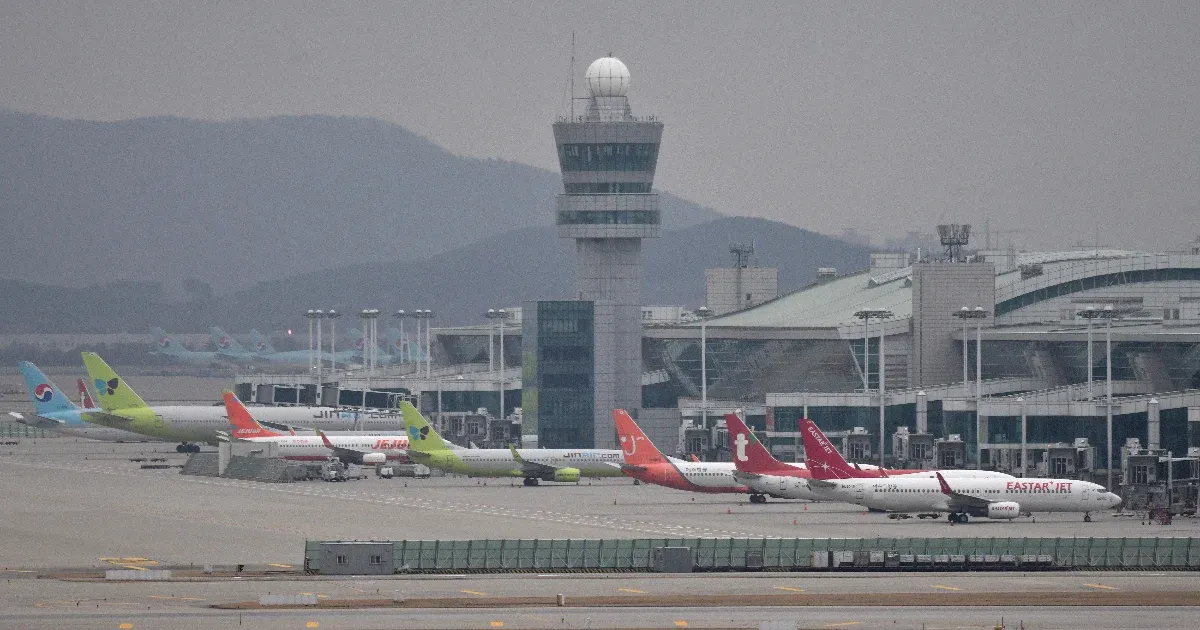Seoul Airport's runways were forced to close after garbage balloons sent from North Korea landed in and around the airport. writes The Guardian.
At Incheon International Airport in South Korea, takeoffs and landings were suspended for three hours on Wednesday, roughly between 2 a.m. and 5 a.m. The number of flights at this time of day is low, with only eight incoming cargo and passenger flights diverted to other airports, and several flights delayed. This is not the first time that the airport, which is located about 40 kilometers (25 miles) from the North Korean border, has been disrupted by balloons falling to the ground nearby, according to an airport spokesman.
North Korea has been in the news since the spring for releasing garbage balloons: Since May 28, it has sent more than 1,600 balloons filled with waste ranging from cigarette butts to plastic and animal feces into South Korea, causing massive damage throughout South Korea. At the beginning of June, North Korea promised that enough was enough, and that it would not throw out any more garbage, but it reneged on its promise just a few days later.
The contents of the packages are quite diverse: sometimes they contain only plastic and paper waste, but pieces of shoes, clothes, manure and human feces have also been found in the packages. Since it is impossible in any way to know what dangerous materials may be present in the bags, the South Korean military always neutralizes them while taking necessary precautions.
The South Korean military said on Wednesday that nearly 100 balloons fell between Tuesday and Wednesday, especially in the capital, Seoul, and the surrounding Gyeonggi Province. Most were handed only scraps of paper.
Recently, North Korea has been provoking its southern neighbor not only with garbage, but also with border crossings. North Korean soldiers regularly cross the line dividing the two countries, to which South Korea usually responds by firing warning shots. The fact that, according to satellite images, North Korea is building what appears to be a wall near the demilitarized zone, could lead to more tensions in the future.












































